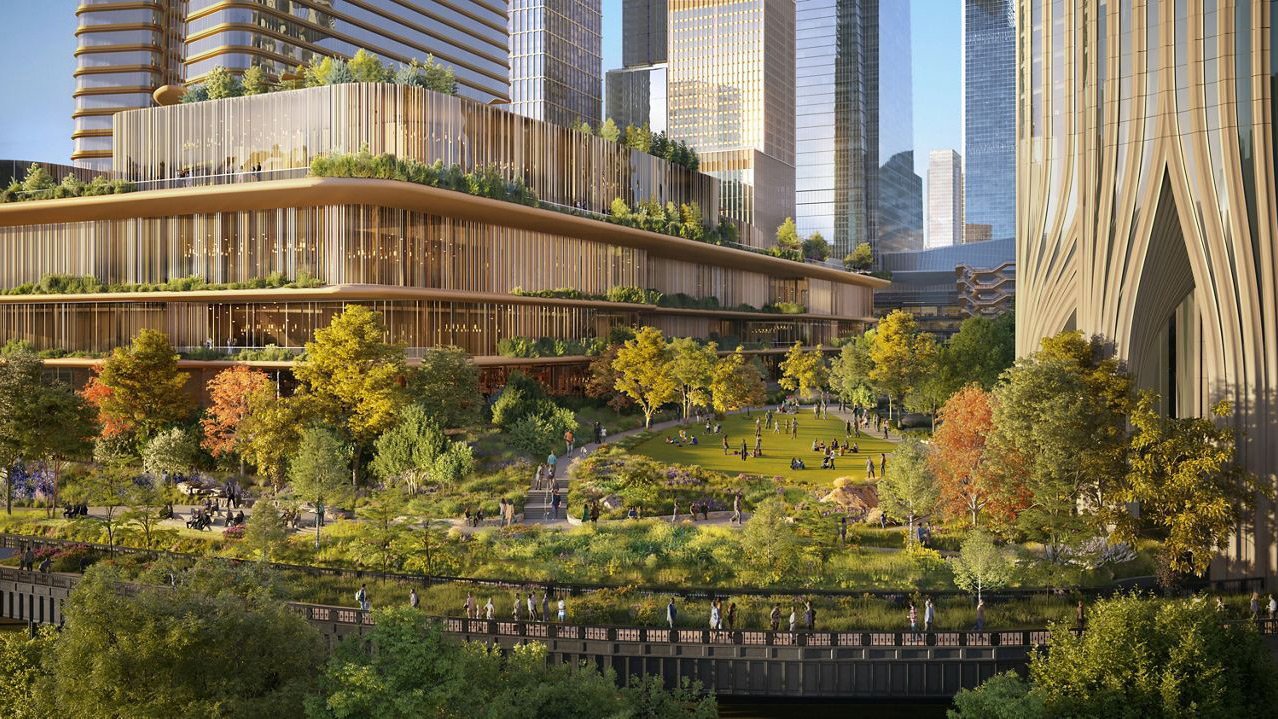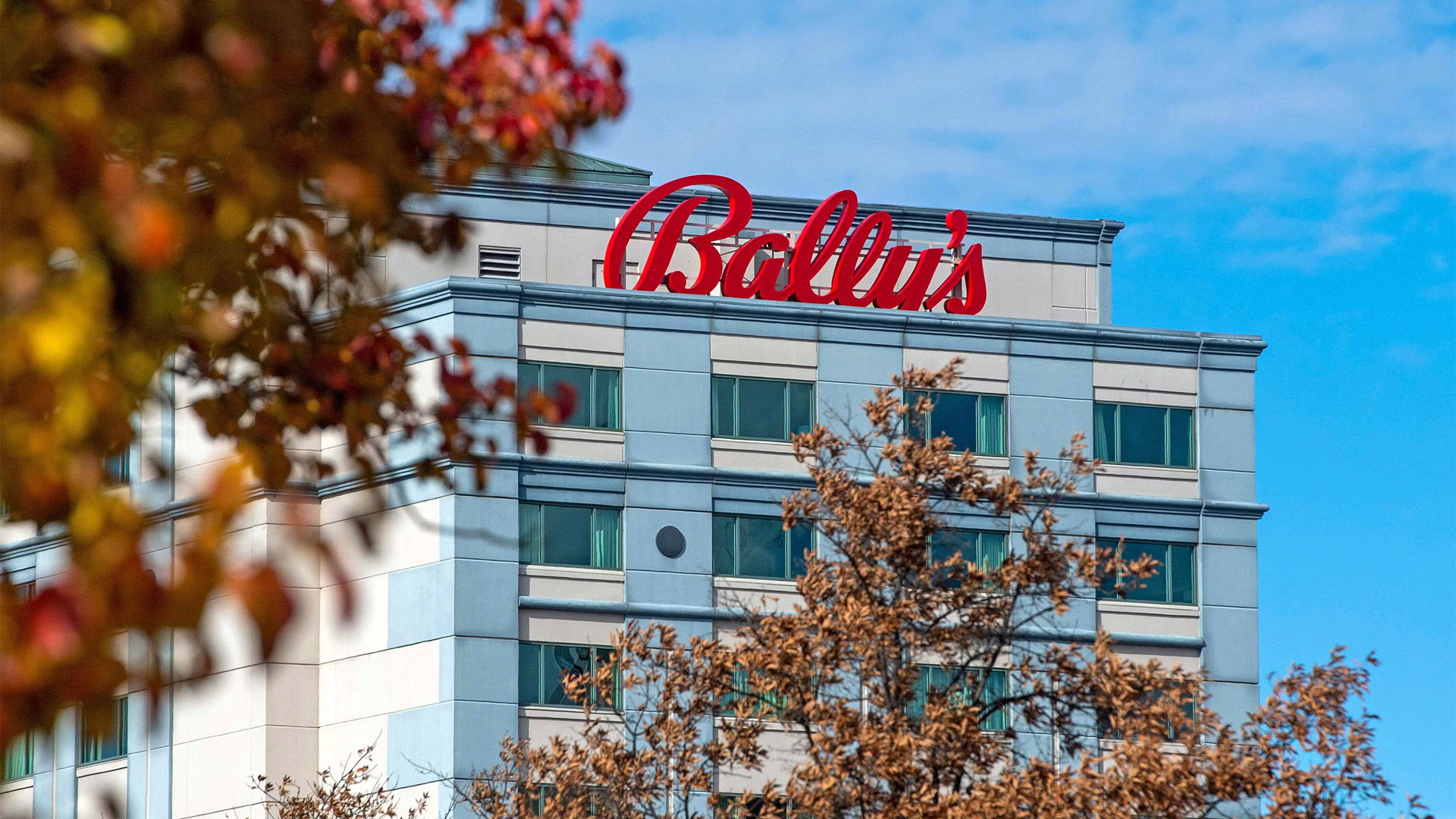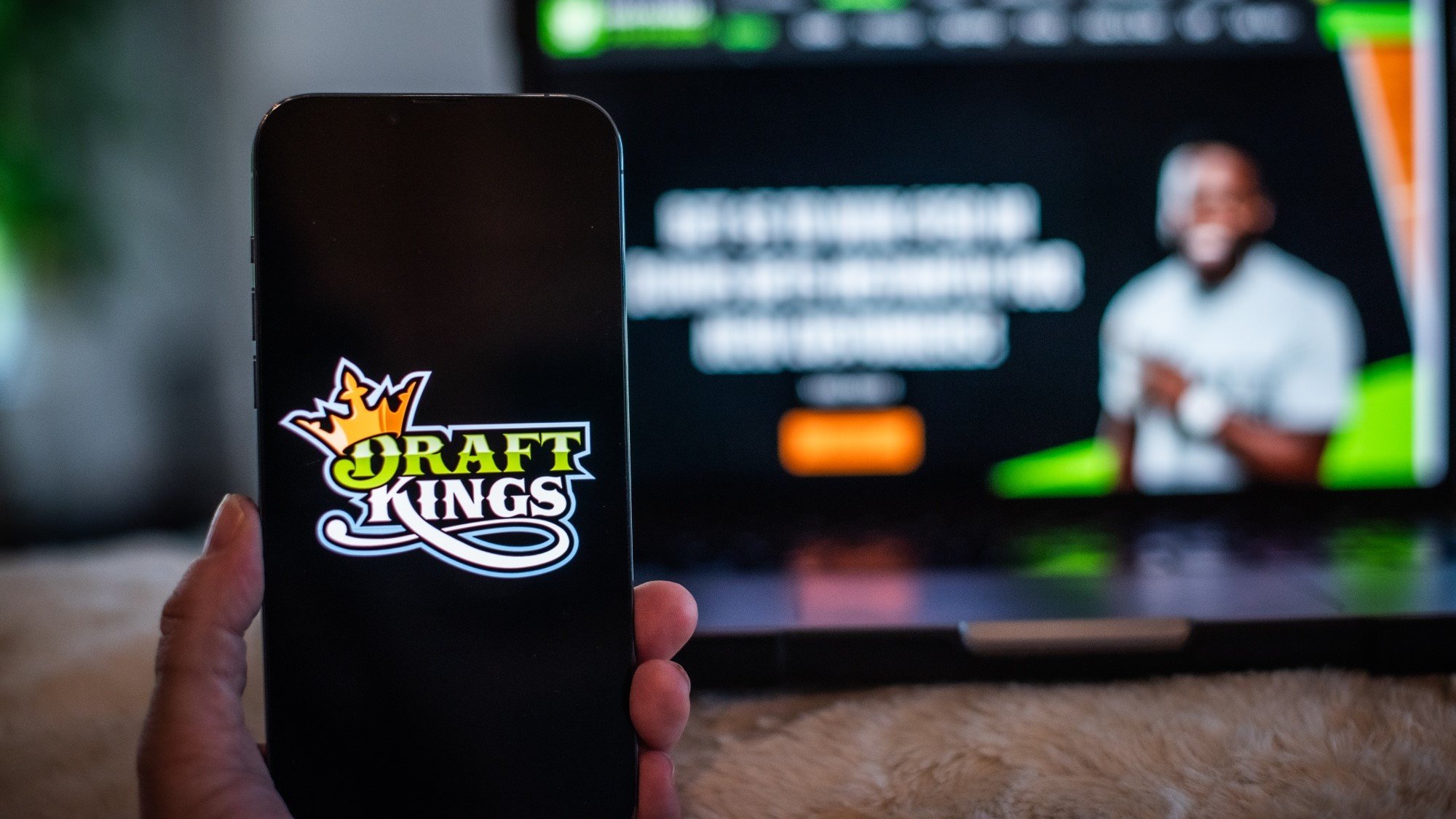North Carolina casino project takes tribal dispute to US House

The debate surrounding the contested Catawba Indian Nation casino project in Kings Mountain, North Carolina, took center stage before a U.S. House of Representatives subcommittee on Thursday.
The House Subcommittee for Indigenous Peoples of the United States held a hearing regarding H.R. 8255, or the Catawba Indian Nation Lands Act. The bill was introduced on Sept. 15, and it would reaffirm the U.S. Department of the Interior's decision in March to place land into a trust for the Catawbas to develop the casino, Charlotte Business Journal reports.
Thursday's hearing included testimony from two supporters of the project — Catawba Chief Bill Harris and Kings Mountain Mayor Scott Neisler. The subcommittee also heard testimony from Richard Sneed, principal chief of the Eastern Band of Cherokee Indians. The Cherokees have opposed the Department of the Interior's decision and have taken legal action in federal court to stop the project. “This bill would give the entire tribal gaming industry a black eye,” said Sneed, as reported by NC Policy Watch.
Harris and Neisler both said the Catawbas, which are based in Rock Hill, have a historical claim to the 16.8-acre site and supported the legislation. Sneed challenged their claims, saying the Catawbas are infringing on Cherokee land and that the tribe receiving the land for casino development would break historical precedent.

All three of them took questions from representatives, including subcommittee chair Rep. Ruben Gallego of Arizona, Rep. Paul Cook of California and Rep. Deb Haaland of New Mexico. The one representative from the Carolinas that asked questions was Rep. Mark Walker, a Republican who represents North Carolina's 6th Congressional District.
Walker questioned why backers, financiers and developers involved with the project remain unnamed. Sneed did the same in their exchange. Both also questioned the involvement of Wallace Cheves, a Republican donor who has been tied to the years-long effort of the Catawbas to develop a casino in Kings Mountain. Harris later countered by saying there is a "misconception" that Cheves would manage the facility. He was cut off before he could elaborate more on Cheves' involvement.
The sponsor for the Catawba Indian Nation Lands Act is Rep. G.K. Butterfield, a Democrat from North Carolina's 1st Congressional District. The bill has seven cosponsors, including four Democrats and three Republicans, all of whom are from North Carolina or South Carolina.
The Cherokees are seeking to stop the project in a suit against the Department of the Interior. The case is pending in federal court. The Cherokees, who own two casinos in North Carolina, sought a preliminary injunction to halt the project and were denied. That action paved the way for a groundbreaking ceremony for the casino in July.
The Buncombe County Board of Commissioners in August opposed the project. The county, which is the largest in western North Carolina, voted 6-1 saying it would hurt the jobs and investment provided by Cherokee casinos.
Another hurdle for the development is the Catawbas must receive approval from Gov. Roy Cooper for a class III gaming compact. Without it, they can only practice class II gaming, which includes bingo and non-banked card games, according to the American Gaming Association. The governor has not taken a public stance on the project.
Documents from the Department of the Interior show the project calls for $273 million in investment with a 195,000-square-foot casino and resort. Brian Hansberry, president of gaming for the tribe's casino operator, Delaware North, said in July a temporary first phase of the development will open in late spring or early summer of 2021. That phase will include 1,300 slot machines, restaurants and outlets, he said, and will cost between $80 million and $100 million.


















































